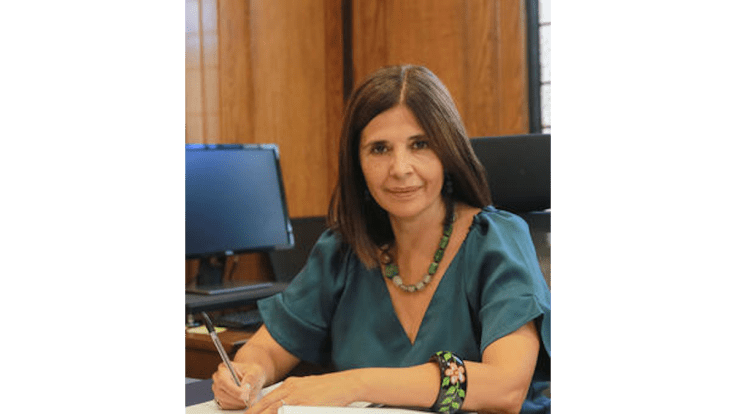Rephrase my Marcela Rios Tobar is the Director for Latin America and the Caribbean at International IDEA. From March 2022 until January 2023 she served as the Minister of Justice and Human Rights in Chile under Gabriel Boric.
This episode was made in partnership with the Constitution Building Programme at International IDEA
Access Episodes Ad-Free on Patreon
Make a one-time Donation to Democracy Paradox.
Proudly sponsored by the Kellogg Institute for International Studies. Learn more at https://kellogg.nd.edu
When politics has to solve the problems that it has caused, how can politics do that?
Marcela Rios Tobar
Key Highlights
Introduction – 0:20
Background – 3:40
The Draft Constitutions – 18:04
Lost Opportunity? 35:11
Exceptional or Harbinger – 46:55
Podcast Transcript
Last month Chileans went to the polls again to decide on a second draft constitution. This time conservatives wanted a new constitution, while the left was largely opposed. It was a role reversal from the previous constitutional referendum where the left supported the draft constitution and conservatives opposed it. But the result was largely the same. Chileans rejected it once again.
This is my fourth episode on Chile. I’m drawn to the country because it brings out many questions about democracy. Does public policy matter for democracy? Does neoliberalism support democracy or does it undermine it? Is a democratic incomplete when it’s governed under a constitution under a dictatorship?
After the latest failed referendum on a new Chilean constitution, I felt it made sense to revisit the country once again. I was put in touch with Marcela Rios Tobar. Marcela is the Director for Latin America and the Caribbean at International IDEA. From March 2022 until January 2023 she served as the Minister of Justice and Human Rights in Chile under Gabriel Boric.
Our conversation explores the reasons why Chileans wanted a new constitution, but ultimately chose not to adopt the ones proposed. We consider some of the broader social implications, but also reflect on the process itself. Finally, we consider what it means for constitutional processes beyond Chile. Is the Chilean experience an outlier or a harbinger of things to come? This is the bigger question that I really hoped we could answer.
This is the first of a series of podcasts on issues relating to constitutional change which is part of a partnership with the Constitution Building Programme at International IDEA. IDEA is an intergovernmental organization that supports democracy worldwide and the constitutions program conducts research and supports countries in strengthening democratic constitutions around the world. You can find more information at http://www.idea.int, the link is also in the show notes.
The podcast is also sponsored by the Kellogg Institute for International Studies, part of the Keough School of Global Affairs at the University of Notre Dame, as a sponsor of the podcast. The Kellogg Institute was founded by Gu for better SEO.



































